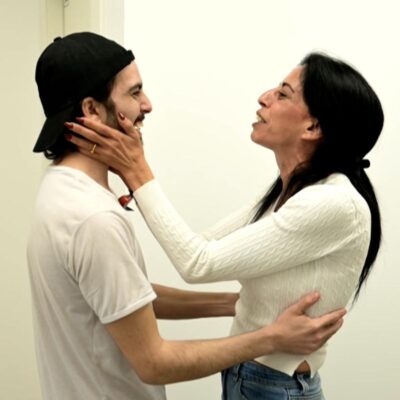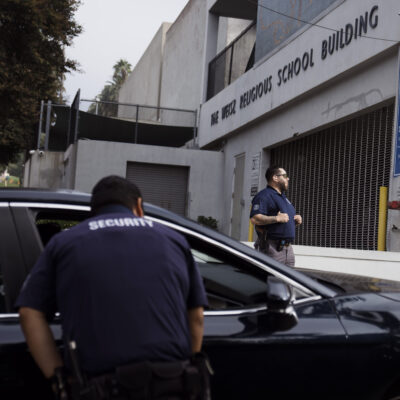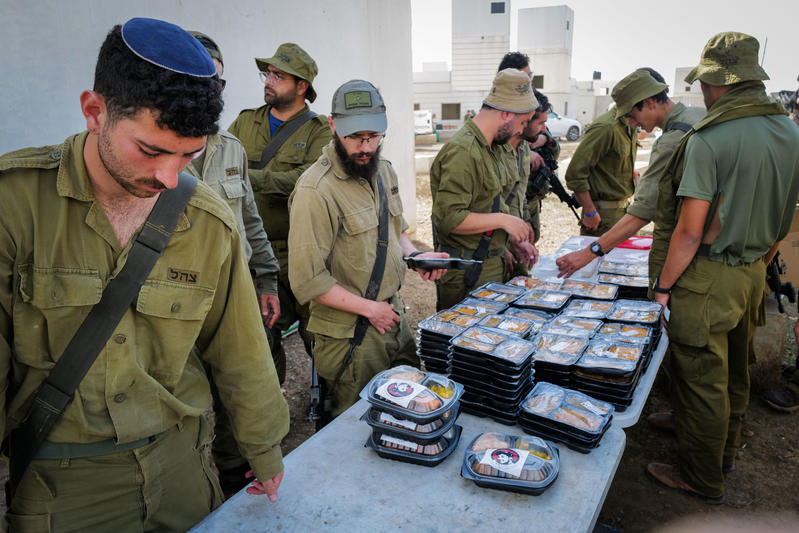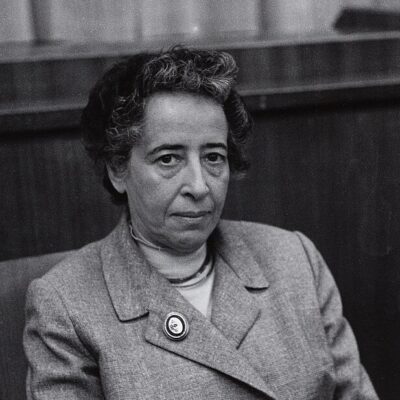Professional Development and Networking: Program Impact

By Beth Schenker
One of a series of articles about lifelong Jewish learning.
As curator for public programs at Spertus institute for Jewish Learning and Leadership – a non-denominational institution of higher Jewish education – my goal is always to provide engaging and high quality learning opportunities for those adults interested in pursuing their connection to Jewish education, Judaism, and the Jewish community. These programs are often presented in low-barrier, often informal, ways that are simultaneously thoughtful and presented from multiple perspectives. Whether scholarly lectures, mini-courses, or cultural programming, Jewish content is always at the core of these programs. As an example, films and performances always include opportunities for educational components in the form of introductions and discussions with producers, directors, musicians, scholars, and other topical experts.
There is a good deal involved in planning an individual program or series. There is even more involved in developing a balanced and inter-connected program year keeping in mind the programming needs of participants, presenting a cohesive institutional plan for learning, and providing a vision for programming that encompasses needs and concerns of the Spertus community at large.
I have been fortunate to be involved with the Chicago Adult Jewish Learning Professionals Initiative sessions (see article #1) from its inception, first as a participant in a related certificate program in Adult Jewish Learning, then in the subsequent two years of continued professional development and over the past year in the administration of portions of the initiative. I have been able to become better connected to my Chicagoland colleagues and the Jewish community through shared experiences, networking at professional sessions, and working together in community-wide programming initiatives.
Most importantly, I have had the opportunity to apply the content of many of the professional skills and training sessions provided throughout the years – especially in the areas of collaboration, budgeting, marketing, program evaluation, and adult education in practice and theory, all taught by instructors at the top of their fields. Specifically, I have taken the opportunity to reflect more on how to evaluate potential programming ideas and program offerings – a practice that is helping to inform not only my own work, but that of colleagues across my institution who work in academic program areas, collections and exhibitions, as well as in development.
When I begin the process of selecting programs for a new academic season, I start with a list of questions that I use as my ruler or rubric for reviewing possible new program ideas. My list includes some of the following questions:
Overarching Focus
- Does the proposed program fit well into the organization’s mission?
- How does the program’s topic address what is happening in the world today and how does it affect potential participants as Jews in America, in Chicago?
- Are our programs fitting into a series theme?
- What audience(s) am I seeking to engage and for what purposes?
Content and Mode of Delivery
- What are the sought learning goals for the program and how will achievement of these goals be evaluated (something that we infrequently consider at the planning stage of a program)?
- Is this program/speaker bringing a new perspective to a topic or issue, and what is the Jewish content?
- Will this program engage our patrons? How will our patrons connect with the speaker and the content?
- What is the gender balance of our presenters?
- Are we presenting a variety of learning opportunities for our patrons (performance, lecture, mini-course)?
Investment
- Will this program build on past programs?
- How will this program affect our program budget?
- What opportunities are there for outside funding and/or connections to other institutional revenue priorities?
This range of preliminary questions signals something of the complexity of curating a program and a program season. In addition, the answers to these questions are a litmus test for either proceeding with an idea and going to the next step or tossing it in a file for perhaps some later time. Of course, there is a good deal required to evaluate the successes of a program after it has taken place. In many professional network sessions we discussed the need to clarify questions such as those above, but also to identify measurable goals and plan for evaluation as part of the program design phase. With limited time and pressing schedules, such planning is often pushed off until just before (or after) a program takes place – or skipped completely – resulting in the loss of valuable information and feedback that can positively inform future programs.
The reputation and mission of Spertus Institute is one I take very seriously in my work. Having the opportunity to continue my studies as a professional through the Adult Jewish Learning Initiative has been a rewarding experience. As the provider of public programs, I draw a great deal of satisfaction from our patrons when they continue to engage with each other in conversation following our programs. That is the best message I can receive – it says my work and the program was a success.
Beth Schenker is Assistant Dean of Jewish Studies at Spertus Institute for Jewish Learning and Leadership.

 Add EJP on Google
Add EJP on Google









